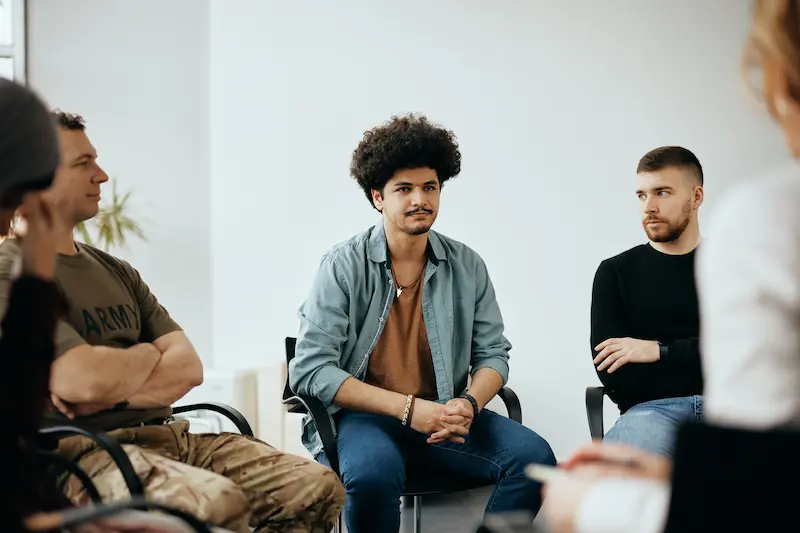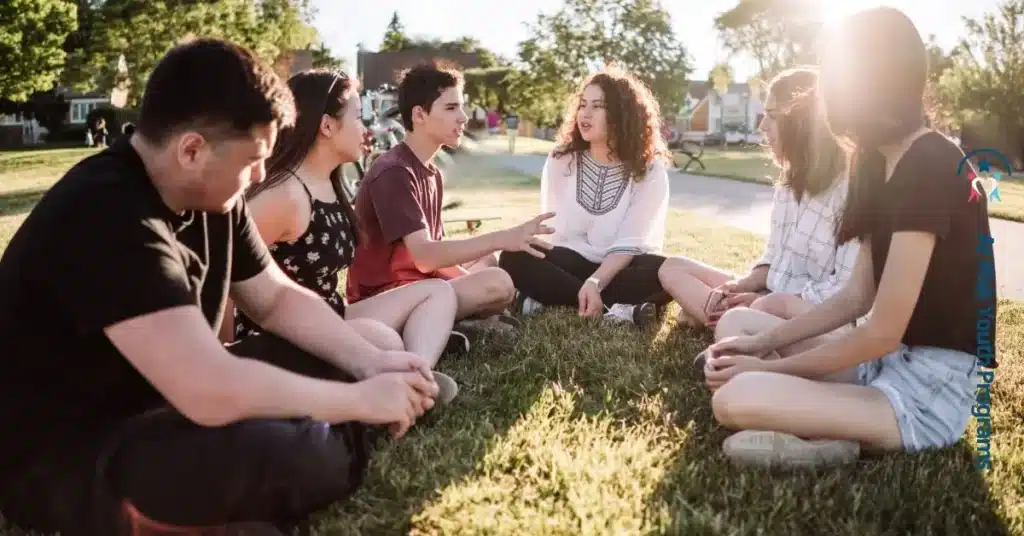24/7 Helpline:
(866) 899-111424/7 Helpline:
(866) 899-1114
Learn more about Group Therapy centers in Curtis

Other Insurance Options

PHCS Network

Kaiser Permanente

Meritain

Lucent

Sliding scale payment assistance

Group Health Incorporated

Cigna

BlueShield

Choice Care Network

Humana

Self-pay options

Coventry Health Care

Magellan Health

Health Choice

BHS | Behavioral Health Systems

Molina Healthcare

Medical Mutual of Ohio

EmblemHealth

Magellan

Sutter









